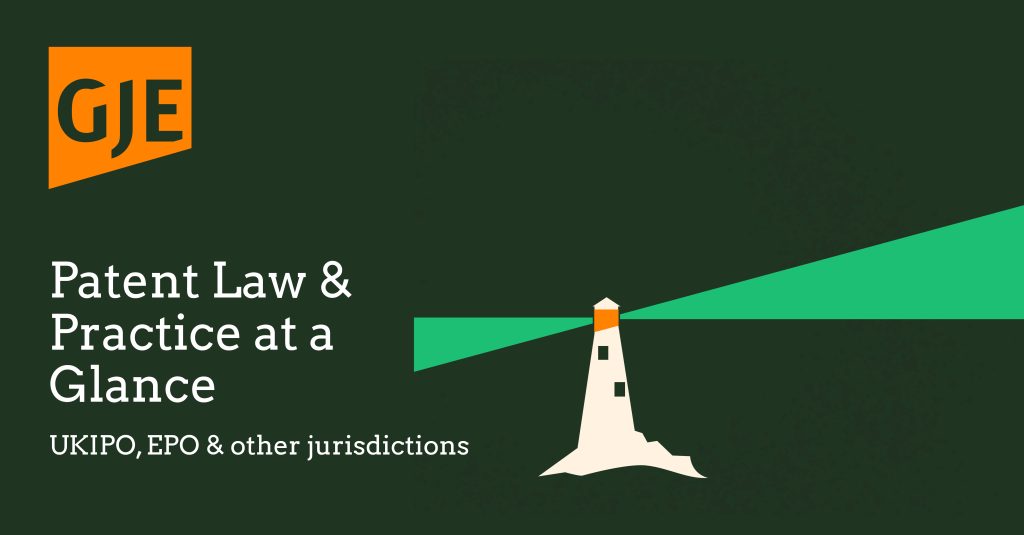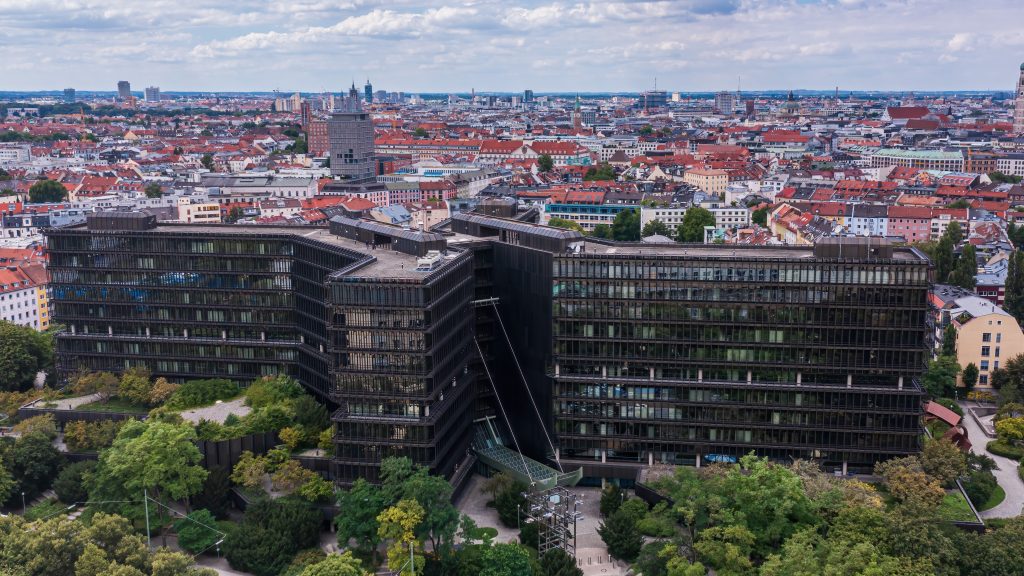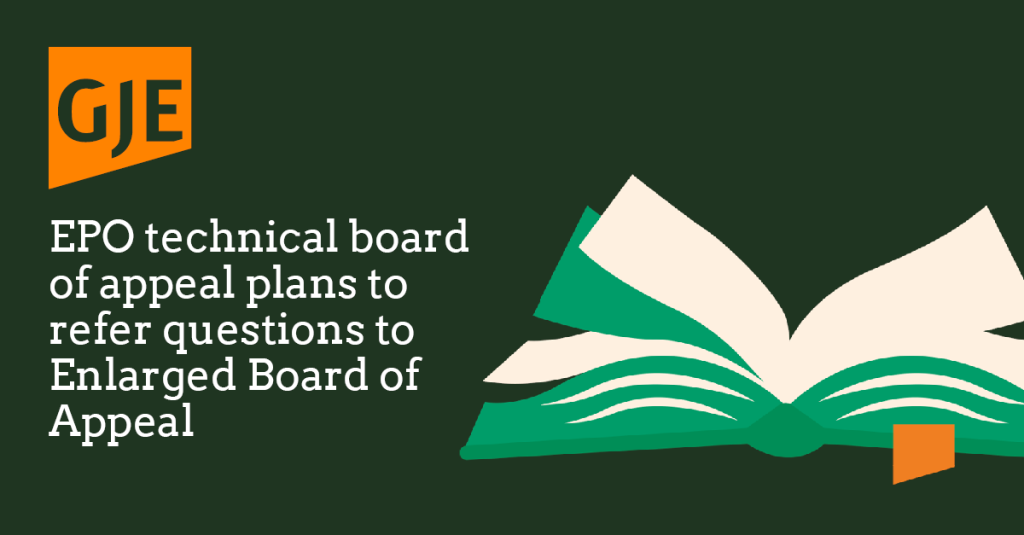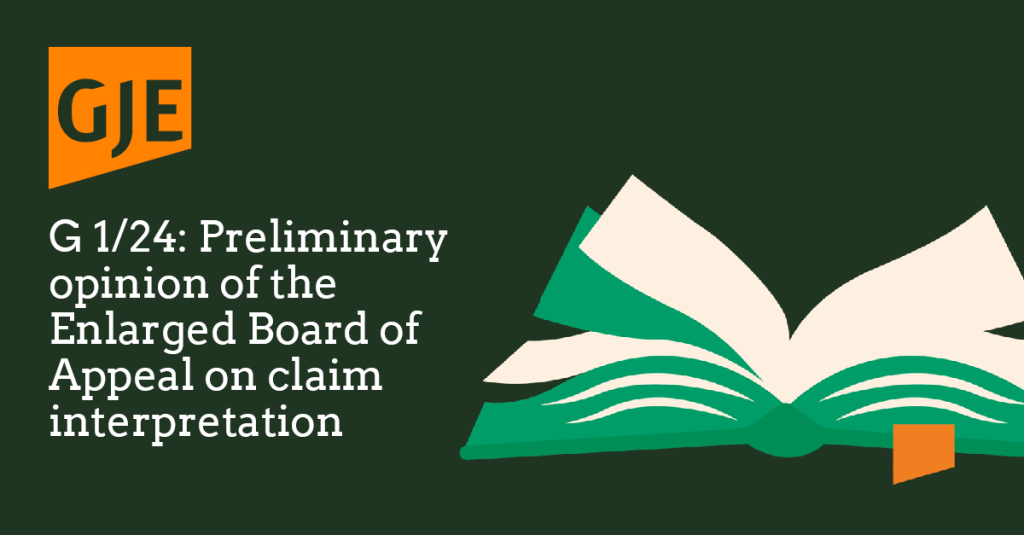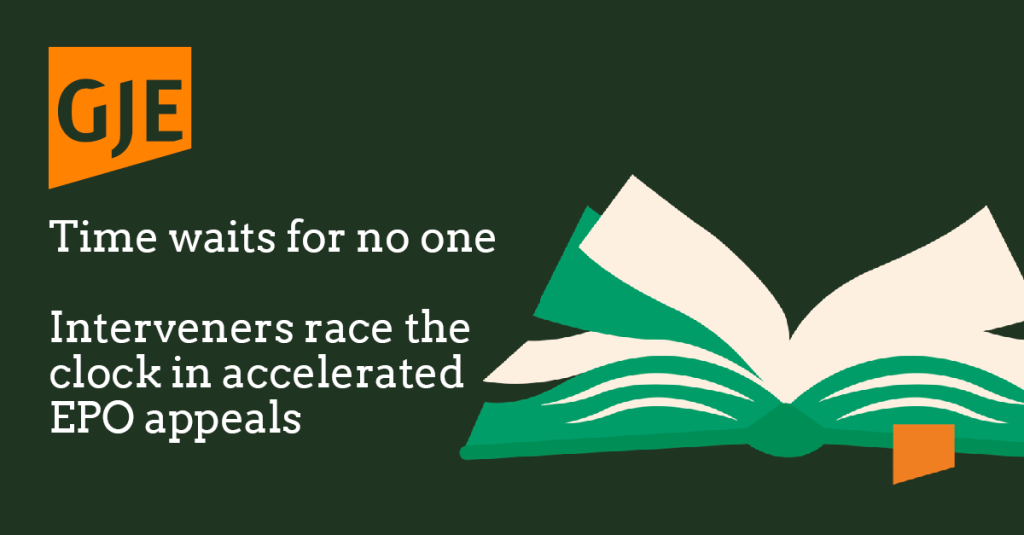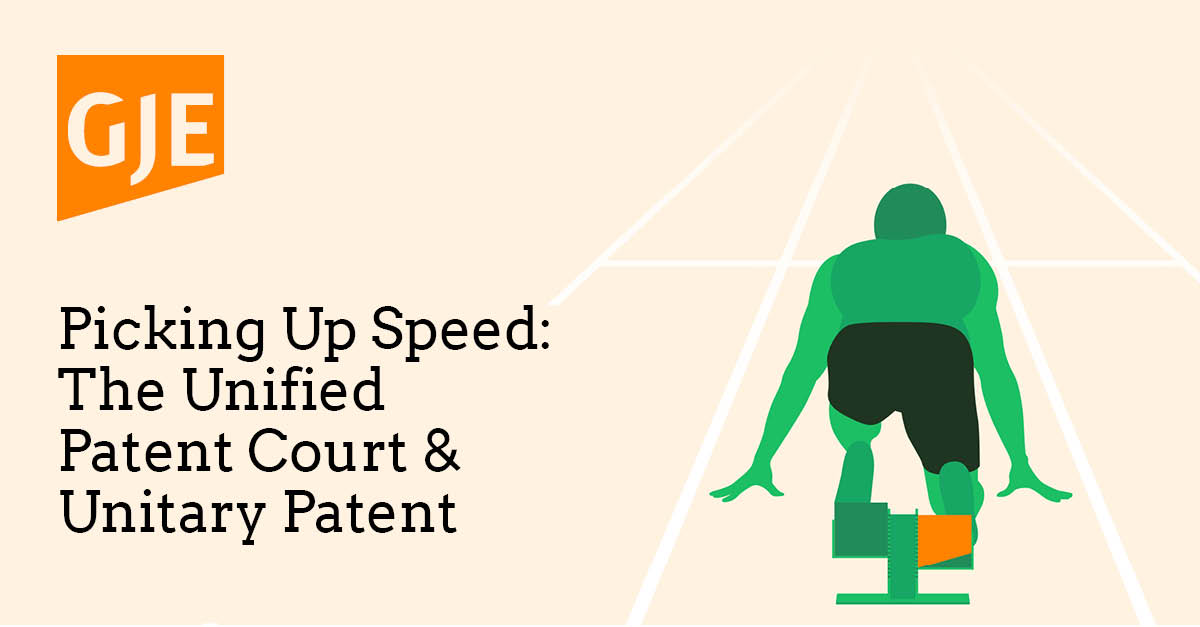
The introduction of the Unified Patent Court (UPC) and the parallel Unitary Patent (UP) will be one of the biggest changes to European IP rights in decades. The start of full operation of the UPC and UP systems is eagerly awaited. It was therefore with much fanfare, and to the excitement of the IP media, in mid-July, that the UPC Administrative Committee announced “significant steps” in the preparations for the UPC to open its doors. In short, the UPC and UP systems are now expected to start operating in early 2023.
The UP will offer innovative businesses and individuals the ability to protect their inventions in Europe through a single patent right that extends across the majority of EU states as an alternative to the current system of patent rights enforceable in Europe on a country-by-country basis. This is complimented by the UPC, which will provide a centralised venue and process for patent infringement and validity actions across the EU whether the choice is to pursue UPs, European patents that continue to be obtained using the current system, or a mix of both.
The recent news from the UPC Administrative Committee indicates that the start of the UPC is closer than ever. This news covered a long list of areas where progress necessary to the UPC starting full operation has been made. Included in that list was confirmation that an updated and final version of the Rules of Procedure has been approved (see our article here regarding this), and the locations where both local and regional divisions of the Court will be set up (our article here discusses this).
The UPC Administrative Committee’s update that “the start of operations of the Court can reasonably be expected to occur in early 2023” is somewhat unclear, however. These operations could simply be the start of the Sunrise period (the statutory period provided to allow parties some interaction with the Court to start lodging opt-out applications and registering as representatives), or they could be the start of full UPC operation that will occur at the end of the Sunrise period. While news on the expected timetable for the full introduction of the UPC and UP is welcome, there is still a degree of uncertainty over what the Committee actually mean by “early 2023”.
Further, and conspicuous by its absence, there was no mention in the recent Committee news of how development of the updated case management system (CMS) is progressing.
The CMS will significantly affect how patent owners, attorneys and lawyers interact with the UPC, and this system has been undergoing significant development to allow the current trial system to be replaced. The CMS will not only be the portal through which UPC prosecution and documentation is to be handled internally by the UPC judges and staff; it will be the portal through which all parties interact with the UPC to file documents. It will therefore be a complex software platform that will need rigorous testing before being made publicly accessible. This will inevitably take time, and the need to avoid mishaps occurring with user documentation means the ability to release the CMS is likely to be the ultimate determining factor on when the Sunrise period can be allowed to start.
With its absence from the recent announcements, progress of the CMS is not something the UPC Administrative Committee appear to have certainty on or are prepared to make public yet. Testing of the CMS is underway, however, and issues with the platform still appearing to need addressing. Additionally, it has been reported that the apparent judicial appointments included in the Committee’s announcement will not in fact take place until September 2022. In our view, these two factors mean that the UPC is unlikely to open its doors until a few months into 2023 at the earliest, with the Committee’s “early 2023” update most likely referring to the start of the Sunrise period.
From a practical perspective, preparations for the introduction of the Unified Patent Court (UPC) and the Unitary Patent (UP) do still need to continue. However, it is likely that there is more time than originally predicted by the UPC Administrative Committee for parties to get everything in order.
If you have any questions on the matters addressed in this article, or on any other UPC and Unitary Patent matter, please email us at gje@gje.com or contact your usual GJE attorney.
